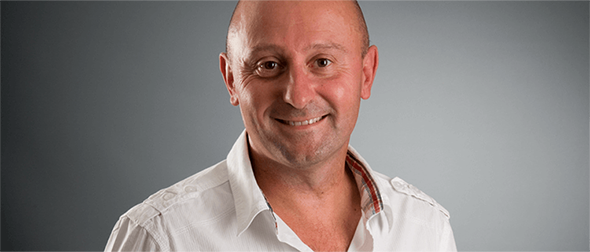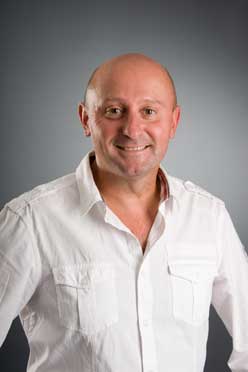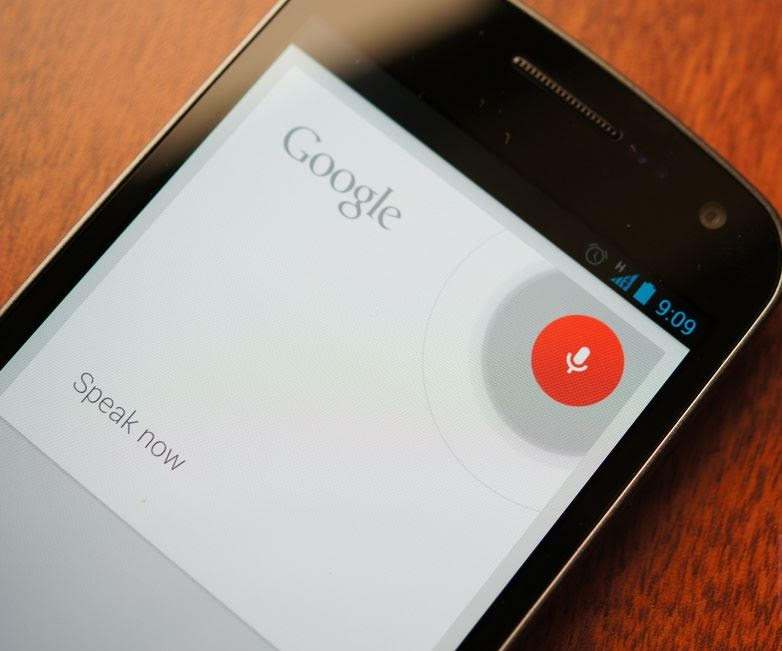Recently, we had the chance to interview Olivier Andrieu, recognized as a search engine pioneer and expert since 1998. In his interview, he shares with us his SEO advices and SEO trends that he forecasts for 2017.
1/ Olivier Andrieu, you are the founder of the SEO information Website Abondance.com. Can you briefly introduce yourself?
I’m a SEO consultant, with over 20 years experience. I created my company Abondance in April 1996 and since that period, I try to follow the evolution of search engines from Lycos to Google, Altavista to Bing. My working time is generally broken down as follows: 50% in audit and SEO support, 25% training and 25% for everything else: writing books, website, business letter, etc. And sometimes I give interviews!
In fact, my activity is SEO consulting. I am not an agency, whose activity is quite different. I don’t intervene on my customers’ website, and I don’t have any recurring service contract. And it’s a good strategy according to me. I give SEO audits, I explain to the customer what he has to do and then I can check if it has been well implemented. But I sincerely and deeply think that the customer has to do his own search optimization.
2/ SEO vs SEA: Is it better to invest in SEO or in AdWords?
According to me, the two are complementary. I tend to say that SEO is nowadays more important than ever and it is necessary for every website (Google organic traffic still represents most of the time half of the total website traffic, which is a good percentage). SEA (AdWords) will rather be used to “fill in the SEO holes”: be present on overly complex queries to get into SEO, be visible on certain periods (events), possibly get a dual presence (SEO / SEA) on some queries including brand, etc… In short, SEA often reinforces SEO and does not phagocyte it. In my point of view, doing SEA without SEO would be a fundamental strategic error …
3/ According to you, what tools are the most important to measure the SEO return on investment (ROI)?
There are many of them, but I personally use Google Analytics to analyze traffic and Google Search Console for the more technical part (the way Google analyzes the website and the potential reported technical problems). The two are essential.
Then, we can use tools like Ranks.fr, Semrush or SeeUrank from Yooda to work on positioning or more specific metrics (pages generating SEO traffic, keywords, positioning, benchmarking, etc…).
Other tools exist also for technical optimization (such as crawlers like Botify, OnCrawl or Screaming Frog) or semantic (1.fr, Your Text Guru …). We all know that there is no shortage when it comes to SEO tools. But sometimes we don’t have enough time to explore them properly.
Of course, this list of tools is not exhaustive.
4/ 3 SEO advices that you would give to a Marketing Director?
1- Always think about SEO at the earliest possible stage of a project, and if possible before the website launch.
2- Learn the SEO basics (they are very simple) to be able to ask the right questions internally and to suppliers.
3- Think mobile, it is the future!
5/ What are your predictions about the future of Search?
Mobile, Vocal and Semantics: these are Google keywords for the coming years. The search engine is currently adapting its algorithm for search by voice (we search the web with our voice instead of typing). Google Voice Search lets users input search queries and mobile commands via speech. You just say what you need. And it answers the question.
We must, therefore, target the mobile (More than half of all Google searches now happen on mobile devices), the voice search (20% of mobile search are now vocal, always on Google) and offer extended lexical fields in the contents, that make the semantic analysis more effective for engine algorithms. We are far from the 1995 “keywords” meta tag!
Olivier Andrieu, thank you for answering our questions.
And you, how do you optimize your SEO strategy? What tools do you use to measure your SEO success? Share them with us in the comments section below!


